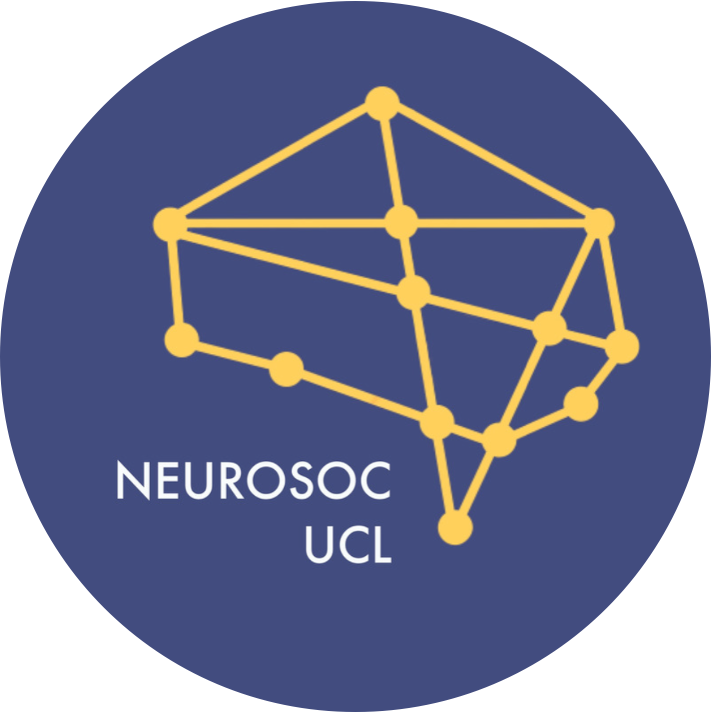Neurodegeneration Symposium
Among its many specialities, UCL is an institution that excels in research related to neurodegenerative diseases – incurable and debilitating conditions that affect the lives of millions worldwide. The increasing prevalence of these disorders has made the search for treatments an urgent priority.
We hosted a panel of experts who presented an overview of this field and of its most recent advances in research and clinical trials.
Professor John Hardy (Chair of Molecular Biology of Neurological Disease at the Reta Lila Weston Institute of Neurological Studies, UCL)
Research in neurodegeneration at UCL: the present and the future
Specialising in the genetics of Alzheimer's, Parkinson's and motor neuron disease, Professor Hardy has a strong interdisciplinary approach and collaborates with clinicians, geneticists and cell biologists alike across UCL and beyond.
Professor Nick Fox (Director of the Dementia Research Centre & Consultant Neurologist, National Hospital for Neurology and Neurosurgery)
Dementia Research Centre: diagnosis, tracking the progression and the treatment of dementias
Originating from a physics background, Professor Fox has been working on developing imaging techniques, namely methods in MRI, and other biomarkers to diagnose and monitor dementias such as Alzheimer's disease and frontotemporal lobar degenerations.
Professor Michael Duchen (Coordinator of the UCL Consortium for Mitochondrial research & member of the UK Parkinson's Disease Consortium)
The role of mitochondrial dysfunction in neurodegenerative disease
An expert in mitochondrial biology, Professor Duchen explores the pathways that link mitochondrial dysfunction to disease, including Parkinson's and Alzheimer's. Much of the lab’s work is built on live cell fluorescence microscopy and imaging to simultaneously measure multiple physiological variables in mitochondria, and explore the impact of cell signalling pathways on mitochondrial physiology and pathophysiology.
Dr Frances Edwards (Reader in Neurophysiology at UCL & principal investigator in Alzheimer's disease research, NPP)
Mouse models for Alzheimer's disease. What are they good for?
Dr Edwards leads research on synaptic transmission and gene expression in mouse models expressing proteins with mutations that, in humans, result in Alzheimer's disease or other forms of dementia. Her group investigates the changes that occur as a result of rising amyloid beta or hyperphosphorylation of Tau with the aim of finding novel treatments or preventative interventions for Alzheimer's disease.
Dr Ed Wild (Consultant Neurologist and MRC Clinician Scientist in the Huntington’s Disease Research Group, UCL Institute of Neurology)
UCL Huntington's disease research team: challenging genetic destiny
An expert in Huntington's disease, Dr Wild directs several neurology clinics and is dedicated to communicating research in Huntington's disease to the wider public. His research focuses on the study of cerebrospinal fluid to understand HD and assist in the development and testing of new treatments.
November 2015













